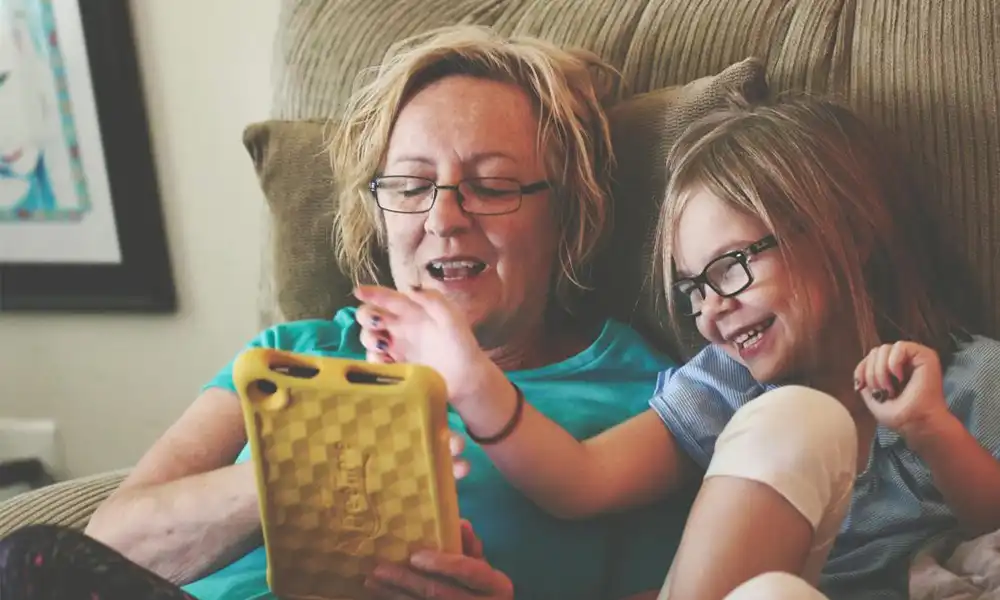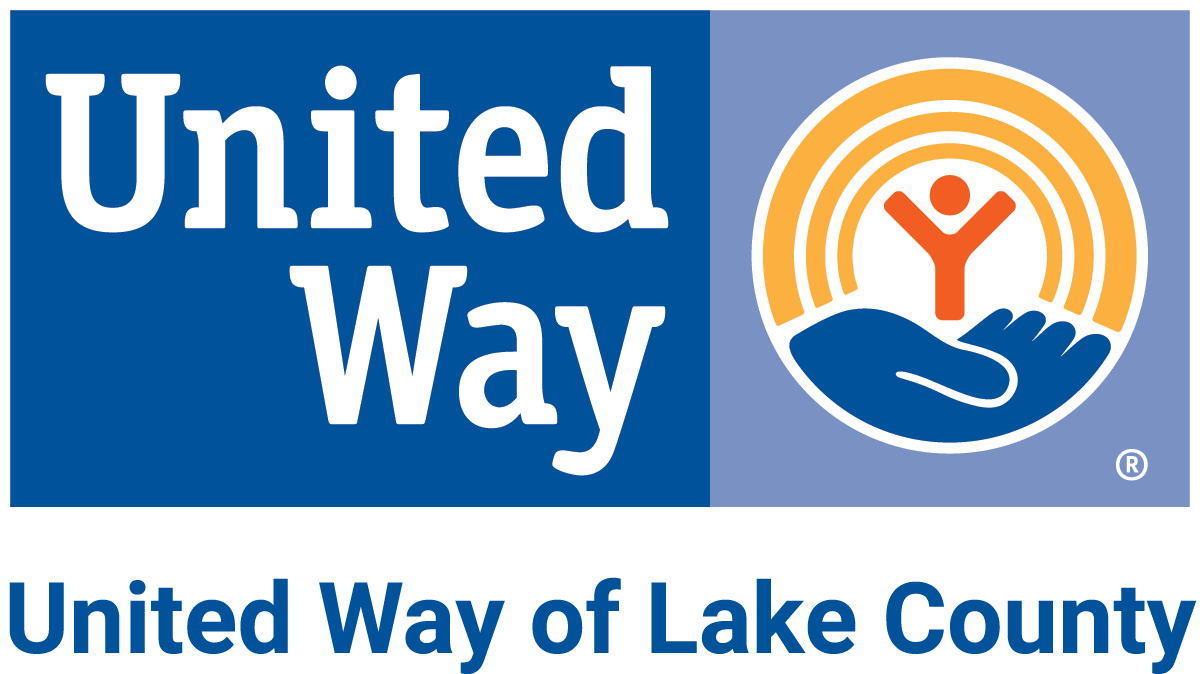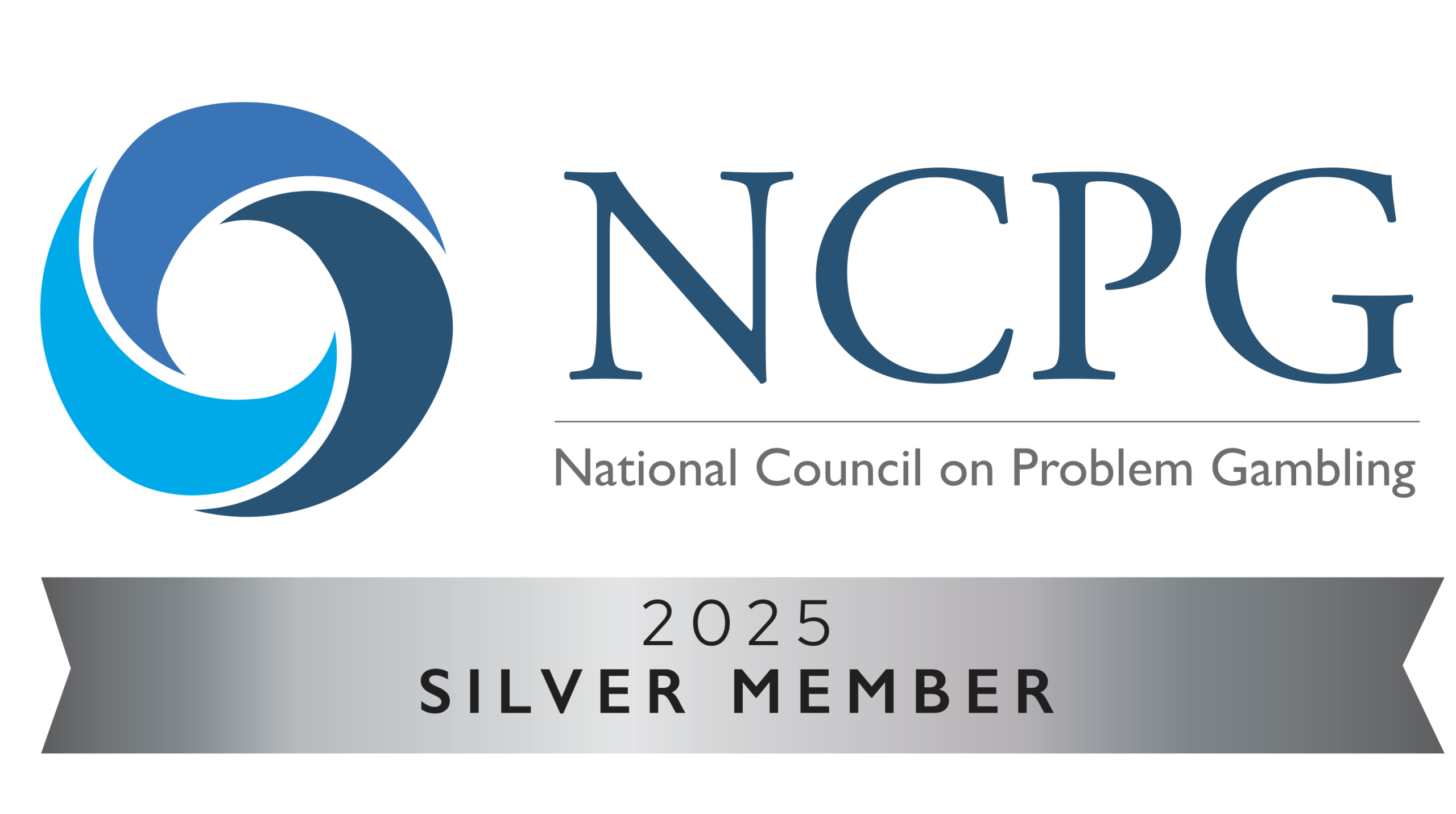During 2021, 1 in 5 adults experienced some mental health challenges, while 1 in 20 adults experienced a serious mental health concern. For many, seeking assistance for a mental health concern is a challenge that goes beyond the availability of qualified professionals—in Lake County, IL for every 303 patients there is 1 provider. It starts with being able to even speak about the concern. In some communities and families, stigma is the first barrier that prevents an individual from seeking treatment.
Stigma is not always a direct confrontation, but sometimes a benign comment that has a broader ripple effect. Regardless of its appearance, stigmas are based in misinformation and carry harmful consequences that can affect more than just the person who experiences it today—but possibly for generations to come. Nicasa Behavioral Health Services is committed to removing barriers that prevent an individual from receiving care and learning the skills they need to thrive. A significant barrier for many considering care is the worry of stigmas. We encourage everyone to think more critically about what messages they are sharing with their loved ones and ways to be more supportive of those who are struggling with their mental health. Below are some common stigmas we hear in our community as well as a break down as to why this language is damaging and ways to rephrase it.
Myth: Talking about my mental health challenges is airing out my family’s “dirty laundry.”
This myth is complicated, because family is a difficult, complicated word for many people. While many individuals want to love and honor their families and cultural heritage, sometimes they may find they are directly, and indirectly, hurt by those same people. Often when this is said, it is because there is a feeling of guilt or shame for having not done enough to protect or provide. In other cases, it might be to hide some misdeed that was done. They might worry that by seeking mental health treatment, there might be shame that comes back onto the family.
It is important to remember that mental health services are confidential between you and your provider. Unless you want someone to know what is discussed, no one will talk about your session, diagnosis, or history. Therapy can also empower you with new coping skills to better manage the stress of complex family situations. The most likely outcome to seeking treatment for mental health concerns, is that you will be able to better manage your mental health and positively impact your family group.
Some ways to reframe:
“I can create my own family outside of my biological family.”
“I am allowed to discuss whatever I want with whoever I feel safe and comfortable with, even if we don’t share blood.”

Myth: My family has had it so much worse than me. I have no right to complain.
Some people may experience guilt over their mental health concerns, and worry they are not being grateful enough. Some may also experience intergenerational trauma from serious events that have occurred to your family. Often this unresolved trauma can manifest into many different wants from maladaptive coping skills, physical health problems, difficulty with life skills, and more.
Two things can be true at the same time. You can express gratitude towards your family, while also experiencing your own struggles and challenges. There are many situations where significant traumatic experiences can be carried over from one generation to the next, but that does not have to be the case. These traumatic experiences do not define a person. Often therapy can help unpack these traumatic events to make them easier to carry. While those things happened, and are very real, you do not have to relive it every single day. It can stay in the past, so you can be more engaged with the present with your family so everyone can move forward together.
Some ways to reframe:
“When I care for myself, I am also caring for my family and ancestors.”
“I am worthy and deserve to feel validated and supported. I cannot start fully healing until I am fully heard.”

Myth: If others know I have mental health challenges, they will use it against my family and culture.
Often in society, there are additional pressures placed on specific communities where one individual represents the whole. That is an unfair burden placed upon specific ethnic, cultural, and racial groups because it only serves to oppress them further. It forces them to internalize their oppressors’ views and project a forced appearance of assimilation. It also makes it far more difficult for someone who is experiencing mental health challenges to seek treatment out of fear of being a bad representation to their community they want to protect.
This stigma needs to be dismantled by the people projecting these harmful, group-think mentalities onto others. Help others by sharing your stories of recovery and treatment, and ways your mental health has been strengthened by embracing your uniqueness as a celebration of your community’s heritage.
Some ways to reframe:
“I am not responsible for the choices and actions of others. I can only be responsible for how I am responsible for myself.”
“I owe myself the opportunity to thrive. I do not owe it to anyone else.”
Myth: If I am struggling it’s because I am not praying hard enough. 
Faith, religion, spirituality, and morality are important for many people. These principles and beliefs can be vital to a person’s individual identity and can be the glue that holds a diverse community together. However, for many, mental health challenges can be weaponized against them. That any mental health concerns can be seen as a spiritual or moral failing of that person. That their faith is weak, so therefore they are weak.
While it may be difficult for others to understand, you do not owe them an explanation. Vulnerability is a sign of strength and trust in others. While prayer is a powerful tool for many to work through difficult times, it is also okay to ask for additional help when needed.
Some ways to reframe:
“My faith can support my therapy; my therapy can support my faith.”
“I am allowed to seek additional support when I need it. I am strong because of my faith and because of the choices I make for myself.”
Myth: Going to therapy is only for “crazy” people.
Unfortunately, due to poor representation of many serious medical conditions and mental health concerns in the media, these notions have bled over into how the average person thinks about mental health. Coupled with many social media accounts spouting inaccurate or out-of-context psychological statistics and findings, it has furthered this damaging stigma while discouraging some people from attempting therapy because of this dangerous misinformation.
Therapy is for everyone! We all need some extra support at times, and talking to a therapist can be extremely beneficial regardless of where you are at in your mental health journey. Show yourself some compassion while going through this. Also do research into the kinds of providers that are available in your area. If you do not want to try medication, that is your choice that you can discuss with your provider. A good provider is an ally in your care. They are there to listen, while offering therapeutic insight to help you make the decisions that are most appropriate for your care. They will answer questions you may have while providing relevant information about their recommendations. Most importantly, they are there to help you discover the tools needed so you can stop surviving but learn what is needed to thrive.
Some ways to reframe:
“Going to therapy does not mean I am broken. It means I am learning how to better care for myself.”
“Therapy is giving the space I need to heal and thrive.”

Nicasa Behavioral Health Services is here to support and answer any questions you may have in regard to treatment and available care. If you or a loved one is experiencing mental health, substance use, or gambling concerns, please contact us at 847-546-6450 or email us at info@nicasa.org.
Share This Story, Choose Your Platform!
Browse Topics
- Community Services / Coalitions
- Company News
- Diversity, Equity, Inclusion, & Justice (DEIJ)
- Driving Under the Influence (DUI)
- Early Intervention
- Education
- Gambling
- Harm Reduction/Deflection
- Life Experiences
- Mental Health
- Messages of Solidarity
- Prevention
- Recovery
- Sober Celebrations & Activities
- Social Services
- Substance Use
- Teen/Youth
- Treatment
- Uncategorized












